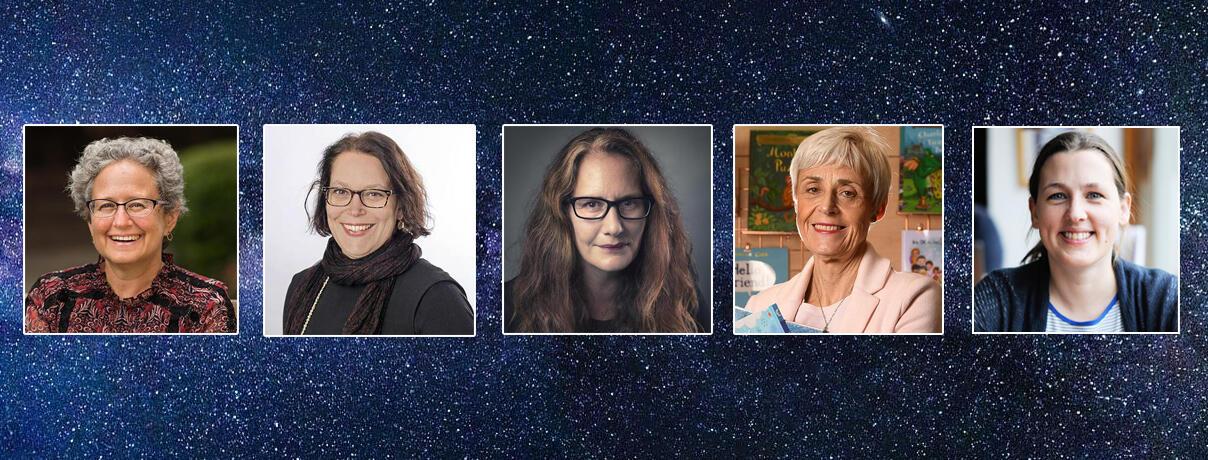Five of our Favourite recent lectures from Women Speakers

To celebrate International Women’s Day, we’re looking back at five of our favourites from this academic year, by women speakers. Leading figures in their fields, these brilliant academics have delved into topics such as recent developments in neuroprosthetics, Plato’s theories on political accountability and the complex maths behind everyday puzzles and brainteasers:
Brain Computer Interfaces by Professor Victoria Baines
Our brains are computers, and emerging technologies are now able to utilise and enhance their processing power. Medical technology allows for brain signals to be read and translated to reverse paralysis. Deep brain stimulation treats diseases like Parkinson’s. As Professor Victoria Baines argues, neural interfaces improve lives. But then we might ask, how do they work? What’s next for our physical connection to digital technology? What are the implications of having new hardware in our heads? In this lecture, Professor Baines tackles these mystifying questions with ease.
Iran’s ‘Woman, Life, Freedom’ Movement by Dr Shabnam Holliday
The death in police custody of a Kurdish woman, Jina Mahsa Amini, in September 2022 sparked the largest protests in Iran since the Islamic Republic’s inception. The protests’ scale and endurance have even led them to threaten the Islamic Republic’s legitimacy as a political system. Furthermore, the world has now seen the extent to which large swathes of Iranians reject gender-based, race-based, and religion-based violence. Dr Shabnam Holliday’s lecture delves into the complexities of the ‘Woman, Life, Freedom’ movement, expertly situating them in historical and regional context.
Plato and the Idea of Political Office by Professor Melissa Lane
Professor Melissa Lane begins her lecture by asking, is politics merely a gaslighting of the oppressed, a cloak for the rulers to exploit the ruled? Through analysing Plato’s Republic, in which he confronts the challenges of political office (archē), Professor Lane offers a new understanding of the role of officeholders and the ethical demands placed on them. She provides key insights into Plato’s attitude towards the risk of abuse of power, arguing it to be far more serious than academics have previously recognised.
Dyslexia and Language - Disorder or Difference? by Maggie Snowling CBE
Professor Maggie Snowling is Emeritus Professor of Psychology at the University of Oxford and a Research Fellow at St. John’s College. In this detailed and highly engaging lecture, she analyses dyslexia, outlining its causes, consequences and how it relates to other learning difficulties. Professor Snowling also explores debates around dyslexia as a concept, such as how it relates to spoken language and whether the term is useful. She argues for early intervention in regard to supporting children with dyslexia, as reading and writing difficulties have wide-ranging effects beyond academic achievement, including on career opportunities and personal well-being.
Mathematical Puzzles and Paradoxes by Professor Sarah Hart
Puzzles and brainteasers are an ubiquitous form of entertainment, found in countless cultures across the globe. Although most people first encounter them as children, many adults still enjoy these small tests of logic, reasoning and mathematical ingenuity. However, these puzzles are more than just idle fun. As Professor Sarah Hart reveals in this fascinating lecture, many puzzles have a long history and are underpinned by complex mathematical principles that have significant real-world applications.


 Login
Login
 Donate
Donate